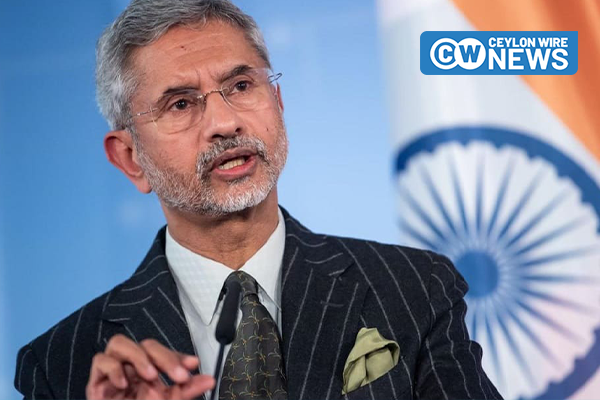Sri Lanka stated on Tuesday that the recent visit by Indian External Affairs Minister S. Jaishankar was crucial in advancing its debt restructuring negotiations with international sovereign bondholders. Jaishankar’s day-long trip to Sri Lanka on October 4 marked him as the first foreign dignitary to visit the island nation following Anura Kumara Dissanayake’s inauguration as the new president on September 23.
Cabinet spokesman and Foreign Affairs Minister Vijitha Herath informed reporters that India’s commitment to the agreement as a bilateral creditor affirms that the deal aligns with the principle of comparative treatment in debt restructuring.
Leading up to the presidential elections last month, cash-strapped Sri Lanka announced on September 19 that it had reached an in-principle agreement with external commercial creditors to restructure approximately USD 17.5 billion in external debts. The country declared its first-ever sovereign default in mid-April 2022 after exhausting its foreign exchange reserves—an unprecedented event since gaining independence from Britain in 1948.
The suspension of debt services hindered multilateral creditor nations and commercial lenders from extending fresh financing to Sri Lanka. In July, the government successfully negotiated a debt restructuring deal with international sovereign bondholders after extensive discussions with countries such as China, India, France, and Japan.
Sri Lanka is currently engaged in negotiations with the International Monetary Fund (IMF) for the next tranche of its USD 2.9 billion bailout package, with external debt restructuring being a condition for further assistance. The third tranche was released in mid-June, and the IMF reported on August 2 that Sri Lanka’s economic reform program is yielding positive results.
Herath mentioned that bondholders had requested agreement from bilateral creditors regarding the comparative treatment of debt. When asked about discussions related to Indian investments in Sri Lanka, including projects by Adani, Herath indicated that such matters were not discussed due to the current transitional government’s status, with parliamentary elections scheduled for November. The ruling National People’s Power (NPP) party had previously announced intentions to annul the Adani wind power project in the southeastern region prior to the September 21 election.
Herath acknowledged the need for the government to carefully evaluate the pros and cons of the Adani wind project, highlighting concerns regarding the high cost per unit of power, a matter currently under judicial review. “We will review all related matters after the next government is formed,” he stated.









